Elections are always hard fought. But for most New Zealanders to be so desperate to throw out Jacinda Ardern’s original ‘dream team’ was extraordinary. Ardern’s Labour was arguably the most incompetent and destructive government in our history, yet despite this wish to boot them out – along with the seriously deluded Greens with their global warming catastrophising and anti-car mindsets and Te Pati Maori with their focus on supposed indigenous solutions for the non-existent ‘Aotearea’ – voters appeared markedly unenthusiastic at the prospect of National, with ACT, from the centre-right, romping home clear winners.
All this changed on election night. The country, increasingly aware of what Jacinda Ardern’s government has continued to cost them, under Chris Hipkins nine months stewardship when Ardern threw in the towel, has voted overwhelmingly for change.
Little wonder when the profligacy of Labour’s finance minister Grant Robertson saw government spending increase from $76 billion per year when Labour came to power in 2017 to $139 billion per year, i.e. over one billion dollars extra spent each week. Extraordinary wastage is highlighted in commentator Alex Holland’s detailed account of money particularly directed towards racist, pro-Maori-only outcomes, or pie-in-the-sky projects later abandoned. What were we to make of $2.75 million bestowed on the Mongrel Mob to run a drug rehabilitation programme, with more than $100,000 spent on hiring a van, $239,400 on food and catering; $175,000 for hiring maraes (Maori meeting places) with no final accounting for what was supposedly achieved?
Widespread anger was the response to the $107,280 of taxpayer dollars given to a racist stage show about murdering Captain James Cook, his descendants and ‘white men like (him) with pig hunting knives’ – with no explanation supplied by Ardern’s government as to why this was acceptable, although Labour was heavily pushing for ‘hate speech’ legislation – temporarily abandoned after costing $800,000. What possible excuse could there have been to justify $150,000 to alter gang members’ tattoos to be more ‘woke’ i.e. replacing ‘New Zealand’ with ‘Aotearoa’. The almost incredible list of preferential funding for part-Maori only – such as $12 million to provide farmer support for Maori landowners to milk sheep – includes the nearly $12,000 to transport a supposedly mourned dead turtle from Banks Peninsula to Wellington. Stored in a freezer for 21 months, it was sent back down to receive a high-powered fully-catered powhiri, (traditional welcoming ceremony) complete with a helicopter ride and a handmade coffin constructed by public servants. No scientific research was performed at any stage.
However, these and so many splurges, sponging up people’s hard-earned dollars, pale in relation to the hundreds of millions of dollars at around $20 million a time for consultants – let alone $72 million wasted on Auckland light rail with nothing done ($47 million on consultants alone) and $51 million investigating the proposed Bike Bridge to Birkenhead, before scrapping it. The complete list of utterly wasted spending is simply too long to be included here.
So why was National only neck-for-neck with Labour leading up to this election? Possibly partly as a result of leader Christoper Luxon showing an extraordinary degree of ignorance when pontificating on the supposed damaging effects of CO2 – his over-controlling attitude towards dissenting, more informed party members; his lack of understanding of the danger involved in his willingness to ‘absolutely’ accept Chinese money to fund National’s proposed $24 billion roading infrastructure – dismissing very real concerns. But above all, he has not been trusted on the co-governance issue, rejected by far the majority of New Zealanders objecting to his support of Maori co-governance of our rivers and other waters – already established by a previous National government.
The right was also disadvantaged by incompetent chairmanship of the televised political debates by various celebrity media. The left’s constant interruptions, particularly by Maori speakers, were permitted, talking down opponents, above all gunning for the then perceived kingmaker, New Zealand First’s Winston Peters. Peters, himself part-Maori, has been the only leader totally committed to removing racist legislation, and restoring to English the now Maorified, unintelligible names of all government departments and institutions. Luxon misjudged community feeling about the discourtesy offered to the majority of New Zealanders. Nor did he tackle self-serving accusations by part-Maori activists that democracy is ‘the tyranny of the majority’ – the same activists who apparently would prefer the tyranny of the minority.
Nevertheless, as commentators have noted, New Zealanders have overwhelming voted for change. So they were prepared to overlook National’s ill-judged move to have not only the wealthy Luxon himself, but even former National party leader, John Key, another multi-millionaire, calling on individual New Zealanders to contribute financially – people hard hit by the cost-of living crisis. The immensely wealthy Key is unloved for sneaking Maori minister Pita Sharples overseas to sign Undrip (the United Nations Declaration on the Rights of Indigenous Peoples) without informing us – although we have no indigenous peoples – a move costing the country dearly in terms of promoting racial divisiveness. Moreover, what was coastal land, owned by all New Zealanders, now has taxpayers required to finance claims to the foreshore and seabeds by local part-Maori, right around the country, because of Key’s government’s legislation. Those disputing these claims have to fund themselves.
So determinedly have New Zealanders rejected the Labour government that at present it seems National and the centre-right ACT may be able to govern on their own, without the help of the perceived king-maker, New Zealand First’s leader, Winston Peters. Electorates historically held by Labour have reverted from red to blue, with prominent Labour ministers such as the divisive Nanaia Mahuta losing their seats. However, margins are tight in some electorates, and with special and overseas votes still to be counted, Peters has offered New Zealand First’s probably eight seats in parliament to assist National, should the need arise, an offer graciously acknowledged by Luxon.
However, what will shock many giving their vote to minor parties which did not make it into parliament, is that, contrary to the assurance given by the Electoral Commission, these so called ‘wasted votes’ are now to be handed over proportionately to the very parties for which they did not wish to vote.
How can this possibly be justified?
Got something to add? Join the discussion and comment below.
Get 10 issues for just $10
Subscribe to The Spectator Australia today for the next 10 magazine issues, plus full online access, for just $10.
You might disagree with half of it, but you’ll enjoy reading all of it. Try your first month for free, then just $2 a week for the remainder of your first year.

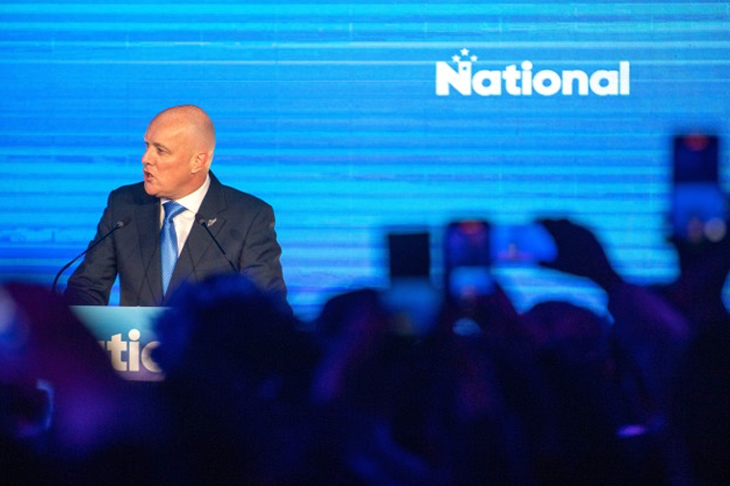
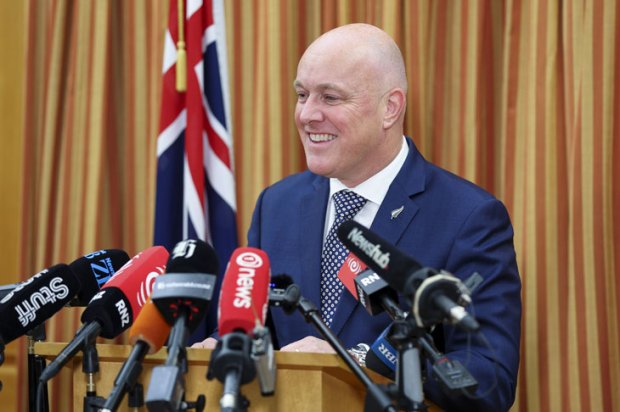
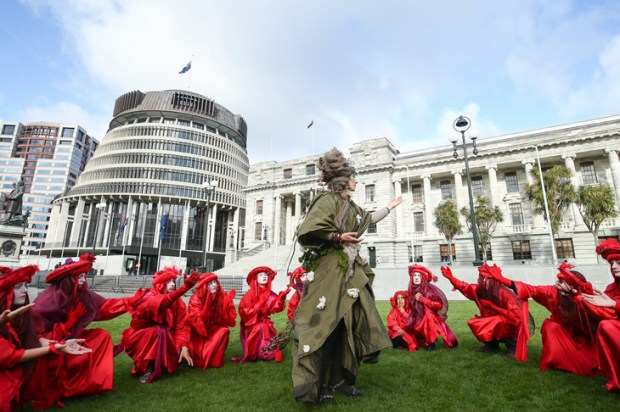
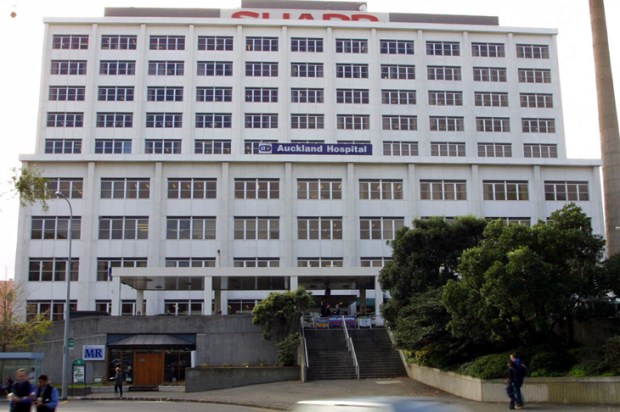
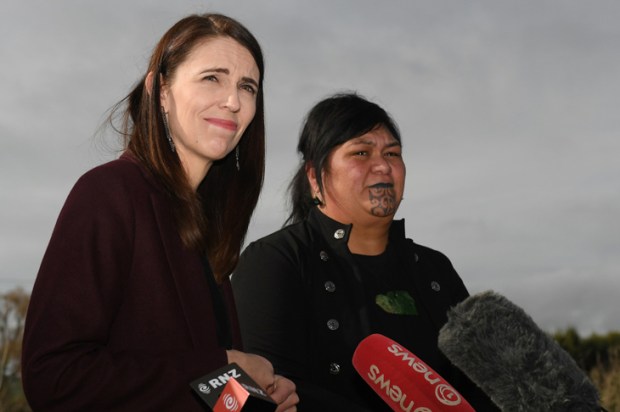
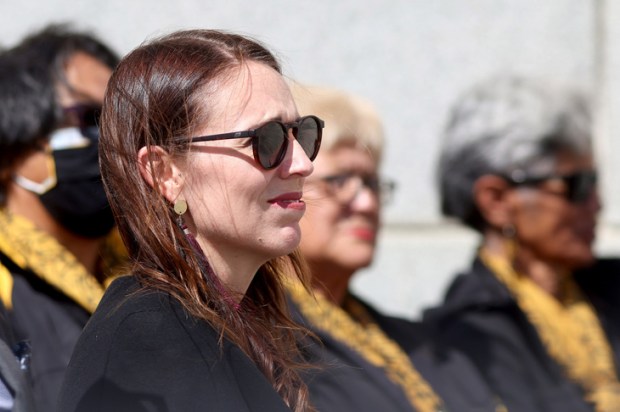
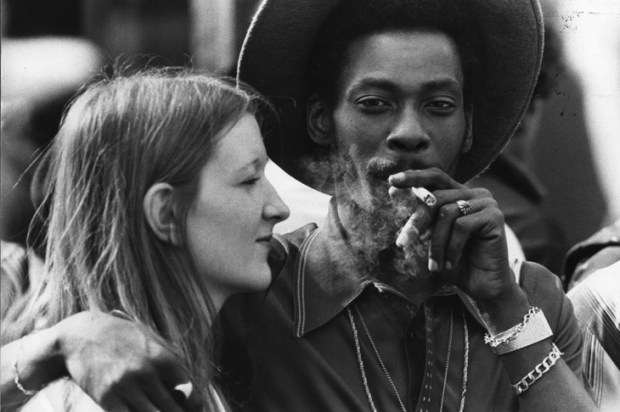






Comments
Don't miss out
Join the conversation with other Spectator Australia readers. Subscribe to leave a comment.
SUBSCRIBEAlready a subscriber? Log in